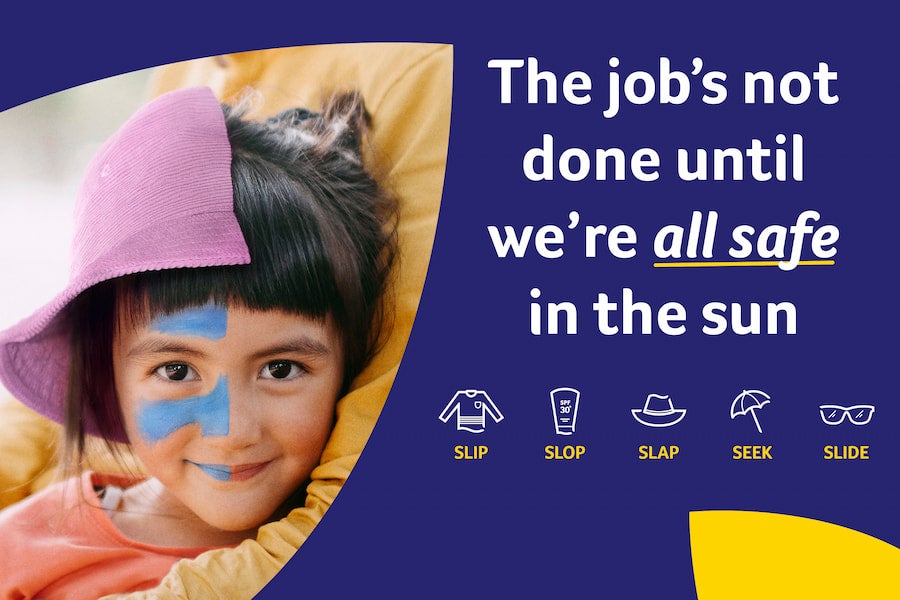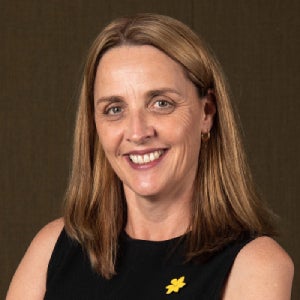Blog
The job's not done until we're all safe in the sun
21 November 2021

Once again, Cancer Council Australia and the Australasian College of Dermatologists are partnering up for National Skin Cancer Action Week - highlighting the need to do more to promote sun protection.
Despite improvements in melanoma rates amongst Australians under 40 years of age, new data shows that more than a quarter of Australians (28%) admit that sun protection isn’t part of their daily routine in summer. This comes as we mark the fortieth anniversary of the iconic Slip, Slop, Slap campaign with Sid the Seagull.
Whilst the majority of Australians know the phrase ‘slip, slop, slap’, younger Australians need more education when it comes to sun protection, while older Aussies need to be reminded to be safe in the sun.
It’s been over a decade since the Federal Government invested in a national mass media skin cancer prevention program. Australia has a great record when it comes to skin cancer prevention campaigns but this has led to complacency with many believing that “the job’s done”.
Cancer Council is calling on the Federal Government to invest in a national skin cancer prevention campaign, as research shows that sun protective behaviours increase when sun protection campaign advertising increases. By taking action, there’s a stronger chance that Australians will adopt SunSmart behaviours. In so doing, we’ll help reduce the number of skin cancers diagnosed, and ultimately save lives.
The good news is that being SunSmart is easy. The best way to protect your skin is by following the five SunSmart rules:
Slip on sun protective clothing that covers as much skin as possible.
Slop on broad spectrum, water resistant SPF30 (or higher) sunscreen. Apply 20 minutes before going outdoors and every two hours afterwards.
Slap on a hat – broad brim or legionnaire style to protect your face, head, neck and ears.
Seek shade.
Slide on sunglasses – make sure they meet Australian Standards.
It’s important to look after yourself and your family by following SunSmart behaviours, as well as getting to know your skin and talking to your GP if you notice any changes.
When it comes to skin cancer the job’s not done until we’re all safe in the sun.
Learn more about preventing skin cancer.
Tags

